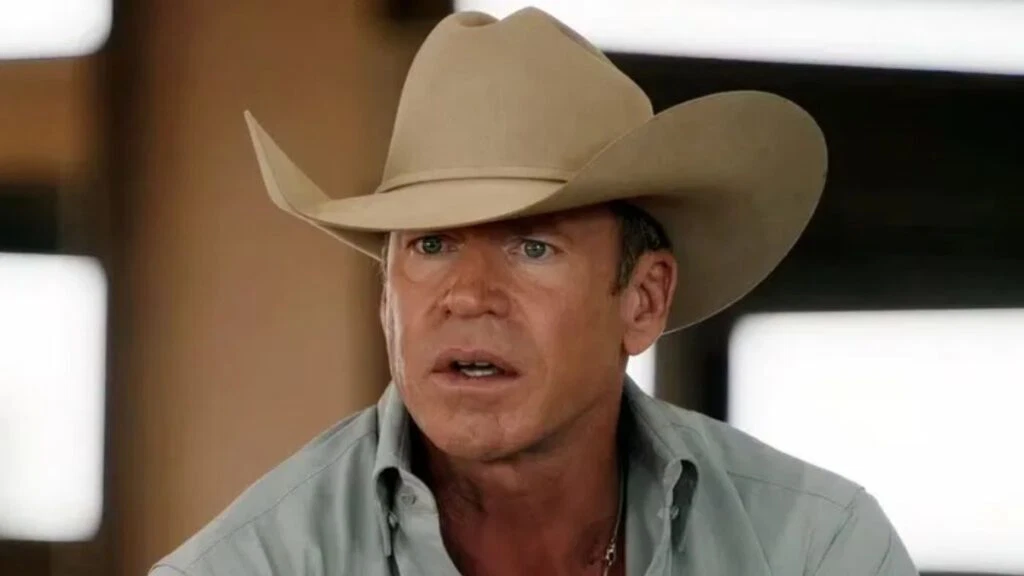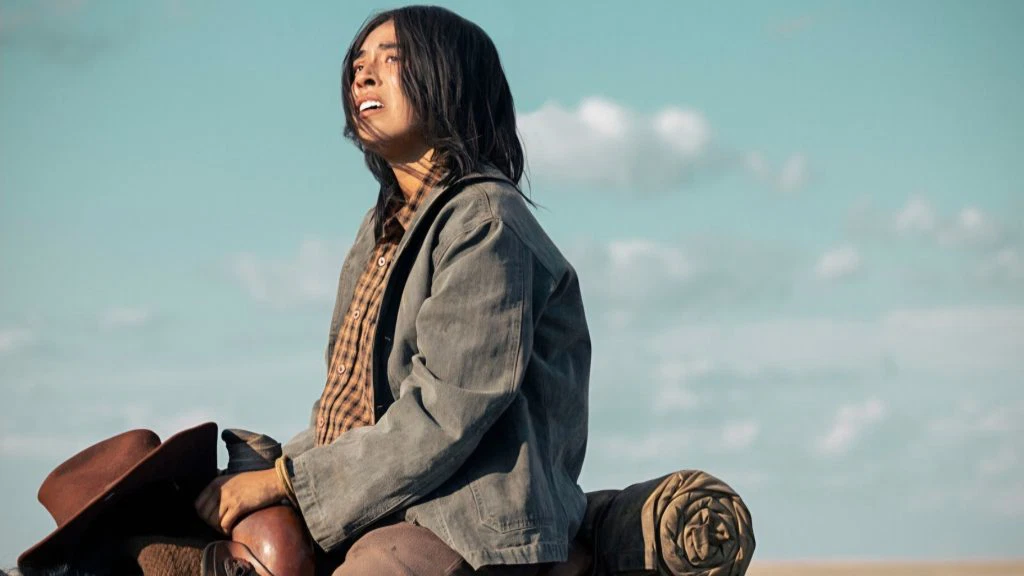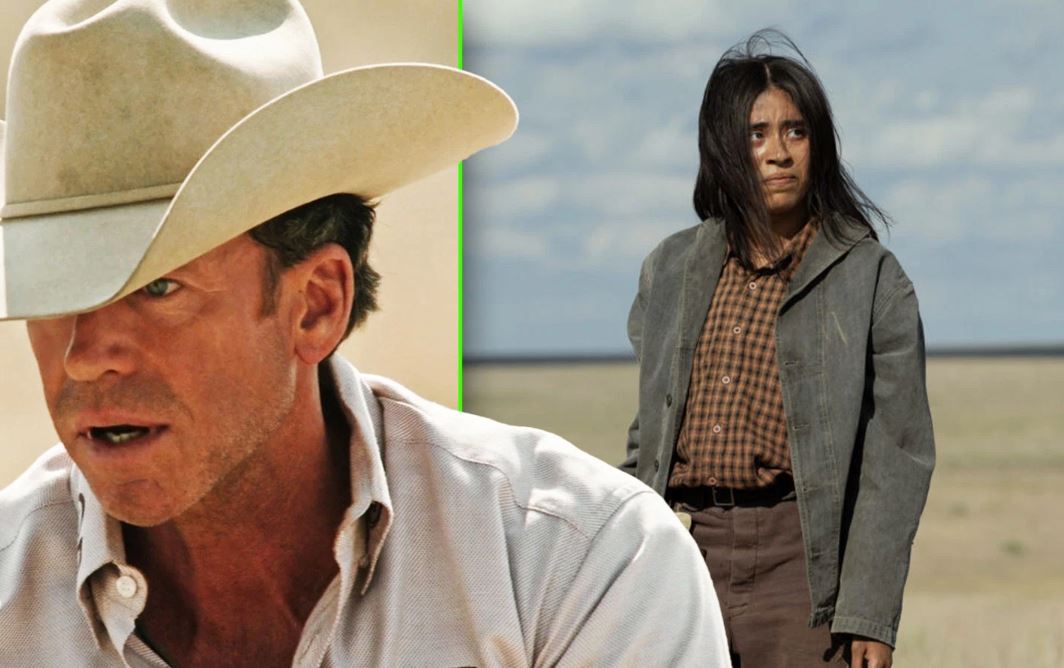One of the most amusing sights in Taylor Sheridan’s works is that he never fails to emphasize how much he tries to make his pieces drip with authenticity and includes as much representation of minorities and Indigenous people as possible. But this factor was notably absent from 1923, the prequel to the Yellowstone series, which recently concluded its second season.
While, yes, the brainbox did bring in the character of Teonna Rainwater to add that representative element for minorities in his saga. However, after witnessing the series finale, I couldn’t help but realize that Sheridan really did forsake the plot for the girl from the Broken Rock Reservation, which is literally the opposite of the representation of minorities, if you ask me.
Did Taylor Sheridan truly wish to represent minorities in 1923 through Teonna?

That’s a question I can’t stop asking myself after airing the final episode of season two of 1923: Did Taylor Sheridan really, genuinely, sincerely wish to represent minorities through this Yellowstone prequel show through the story of Teonna? Or did he simply imply he wanted to do that as he made the character a hero, which is the complete opposite of representation?
In my opinion, it’s the latter. Those who have already seen the finale [walk back from here if you still haven’t but intend to, unless you wish to get the ending spoiled for yourself] know what happened to Teonna: She got her case dismissed and was allowed to walk free despite the fact that she was a native woman who murdered quite a few Whites and even a couple of lawmen.
Now, if we’re being truthful, while allowing minorities to be heroes in a fictional world doesn’t sound like a bad idea, what was wrong with Sheridan choosing to go this way with Aminah Nieves’ character was that this isn’t how minorities are represented. To say the least, their ‘representation’ means staying true to their history and depicting the same onscreen, too.
Had the showrunner decided to show the real, brutal history of how someone like Teonna — who was stolen from her family like the other native children and placed in an abusive Catholic boarding school — would actually be treated for all the stunts she pulled, that would be true representation as it would have helped viewers understand how badly they were treated.
Instead, she is painted as a hero who, after undergoing severe mistreatment at the church, retaliates, resulting in a lot of deaths. However, despite all the deaths, she is allowed to walk free as the charges against her are dropped due to lack of witnesses and evidence — which does not sound like the privileges minorities like Native Americans were allowed back then.
Fans aren’t satisfied with this and many other elements of the 1923 finale

While Taylor Sheridan’s literally doing the opposite of representing minorities by giving Nieves’ character the ending that he did is one thing, it’s not the only questionable part of 1923. While some protest about the dissatisfaction that Spencer’s long, drawn-out battle delivered, others point out other things, like Alex’s death, unbelievable law, and the baby that survived.
In fact, this isn’t all, because there seem to be quite a few other factors that have been disturbing fans about the series finale as they complain about the same, with some even saying, “It just wasted two seasons of storytelling.”
With all of this being put out there, it’s unarguable that, just like Yellowstone, fans aren’t content with the finale Sheridan has delivered for the 1923 saga. To say the least, had he chosen to be a bit more realistic and authentic with the same, especially with the way he seemed to present minorities, it would have served a lot better.
